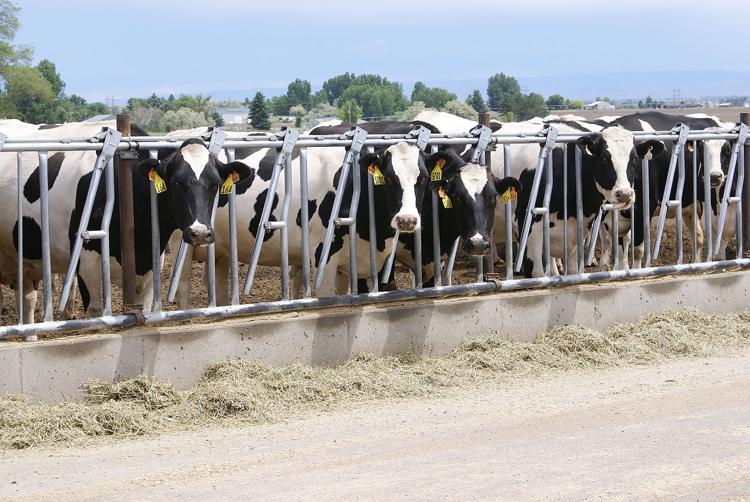
But realizing the full benefits of those hard-fought victories relies on robust enforcement to ensure Canada and Mexico are held accountable to their trade commitments, the organizations say.
“The U.S. must insist on compliance, particularly from Canada, who has already shown an intention to play fast and loose with its USMCA dairy obligations,” said Shawna Morris, vice president for trade with USDEC and NMPF.
Canada recently announced tariff rate quota allocations that seem to run counter to its USMCA commitments to expand U.S. access to its dairy market.
Those TRQs “are overly tilted toward Canadian dairy processors who in many cases have a disincentive to import competing product, particularly higher value products,” she said.
For instance, 80% to 85% of the quantities for all the dairy TRQ have been granted to Canadian dairy processors based on their market share, leaving a small amount left over for distributors and cutting out retailers from TRQ access, she said.
“It’s these latter two groups that we think have the strongest incentives to actually purchase U.S. dairy products, and we want to ensure they have a greater role in the process,” she said.
Beyond TRQs, it’s essential that Canada faithfully implement its commitments pertaining to Class 7 and dairy pricing policies that were painstakingly secured under USMCA, she said.
In 2017, Canada implemented its Class 7 milk-ingredient pricing program that artificially lowered prices for Canada’s domestic milk ingredients to domestic processors to discourage the use of imported ingredients.
Class 7 was created to address a structural surplus in Canada’s milk production, which rose through production quotas set on estimated butter consumption. The coproduct of butter production is milk protein, such as milk protein concentrate, milk powder and ultrafiltered milk.
The policy led to dramatic cuts in imports of U.S. ultrafiltered milk for cheese processing and created an excess of skim milk powder — which Canada has dumped on world markets, undercutting competitors.
Canada agreed to eliminate Class 7 pricing in USMCA.
As for trade with Mexico, USMCA strengthens that relationship. It also establishes new protections for U.S. cheese with common food names, such as parmesan, to combat efforts by the European Union to seize exclusive use of common names in the Mexican market.
“Mexico is our largest market and remains a valued partner. Our interest here is on simply maintaining smooth trading conditions and the ability to reliably export the full range of U.S. products we have long been shipping to Mexico,” Morris said.
“We want to ensure that Mexico abides by its pledges under USMCA that relate to common name usage guidelines and that new regulations are not introduced that would make it unnecessarily more difficult to trade,” she said.
For instance, Mexico has proposed a new cheese conformity assessment that would require various forms of testing for cheese imports, she said.
“We have concerns with this proposal and its potential to impose significant additional costs on U.S. cheese producers in a manner that’s disproportionate to the burdens being asked of Mexico firms,” she said.
It also has the potential to disrupt U.S. cheese exports to Mexico, she said.























